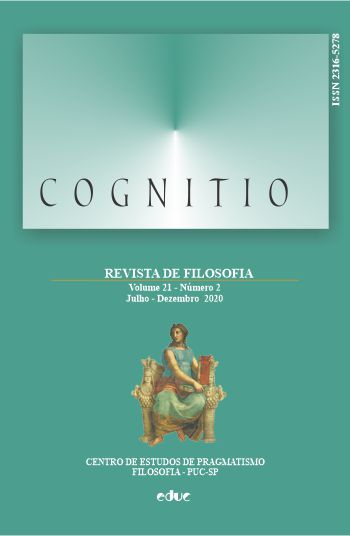The polysemic condition of judicial cognition
DOI:
https://doi.org/10.23925/2316-5278.2020v21i2p260-272Keywords:
Fichte, Peirce, Philosophy of Law, Polysemy, Reale, Rite of office, Semiotic, SubjectivismAbstract
The ‘rite of office’ to be applied by the judges has effective properties for the prevention of solutions unrelated to the reality of the cases presented in court, removing any imaginative spills to which we are all subject. Add to this that the virtue of temperance is vertiginously neglected and without it Justice will never be realized. These alerts point to the care that must be taken during the analysis of the cases, banning the strands of alienated meanings that corrupt the interpretant’s conviction. The idea of the polysemic condition refers to the loss of the sign’s strength, which leads to the opening up of disparate meanings based on factors particular [to individual] repertoires, which may be at odds with the concrete fact. The semiotic basis bequeathed by Peirce and Fichte’s legacy for Law, treated according to the respective system of his idealism, will assist in the investigation of a cohesive context for this study. Thus, it is essential to understand that interpretations, when they occur with polysemic echoes in relation to the objects of legal proceedings, represent a deteriorating mistake in the judicial exercise, which must be avoided.Downloads
Published
2021-01-28
How to Cite
D’Oliveira, J. C. (2021). The polysemic condition of judicial cognition. Cognitio: Revista De Filosofia, 21(2), 260–272. https://doi.org/10.23925/2316-5278.2020v21i2p260-272
Issue
Section
Cognitio Papers









